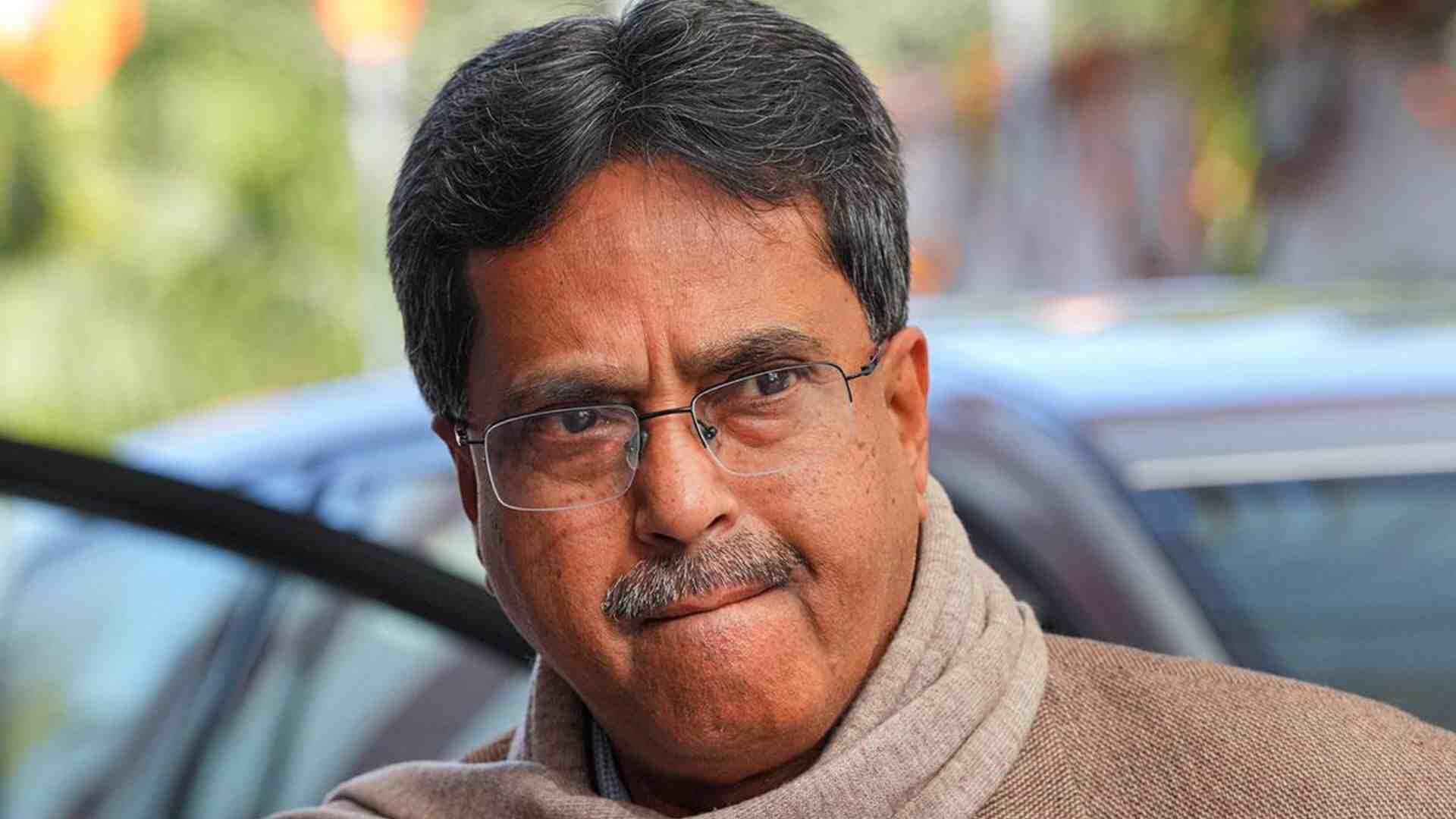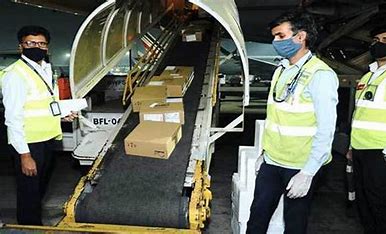As India surpassed China to become the world’s most populous nation on Wednesday, people like Khan believe it is becoming increasingly difficult to maintain a balance between the rising population and the available resources. India now has a population of 142.86 million, a little more than China’s 142.57 million, according to the latest UN data. Estimates by different agencies suggest India’s population is likely to keep rising for nearly three decades before it peaks at 165 crore and then starts declining.
India surpassing China to become the world’s most populous nation is an ominous sign for forests and wildlife in the coming years, said Sohail Madan, assistant director of the Bombay Natural History Society. The experts say the increasing population would make it increasingly challenging for governments to provide clean air and clean water.
Delhi’s Environment Minister Gopal Rai said the city government is making efforts to reduce the impact of the rising population on the environment. He says the government is connecting all houses in unauthorised colonies to the sewer network and laying water pipelines. “To minimise the impact of the burgeoning population of Delhi on the environment, we are improving public transport, promoting e-vehicles, and working with the Municipal Corporation of Delhi to improve the waste management system and flatten the garbage mountains in Ghazipur, Okhla, and Bhalswa,” he said. The government conducts annual plantation exercises to increase the green cover and is taking short-term and long-term measures to improve air quality. It is also working to ensure last-mile connectivity.
According to Pradip Shah, co-founder and director of the social enterprise Grow-Trees.com, the link between population growth, climate change, and deforestation is undeniable. In rural areas, population growth typically leads to more land being cleared for agriculture, while in urban areas, the situation is even more worrying as development comes at a significant environmental cost, he said. With a growing population, natural resources are depleted faster than they can be replenished, leading to poor air and water quality, water scarcity, extreme weather events, and a host of other public health issues, Shah said.













